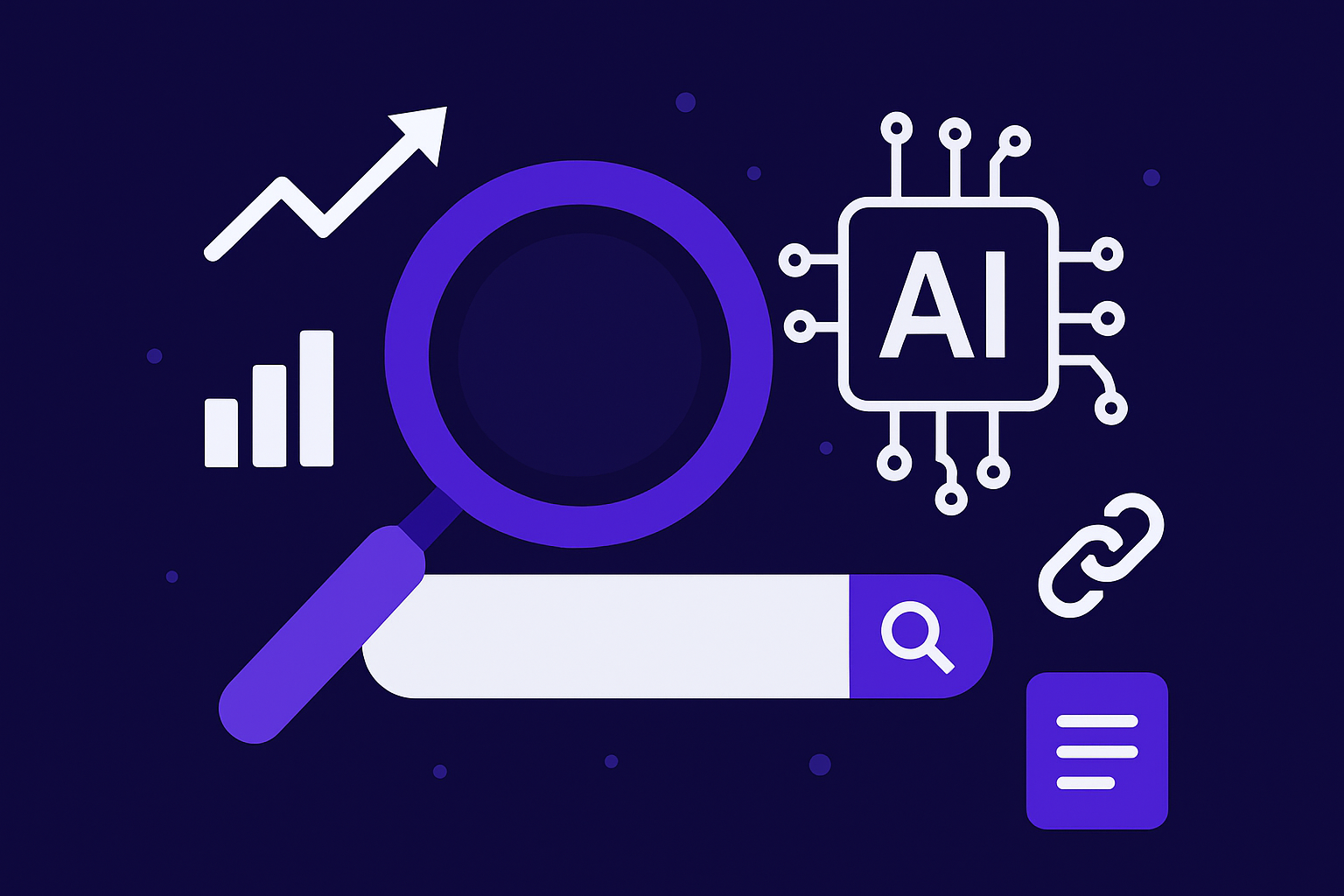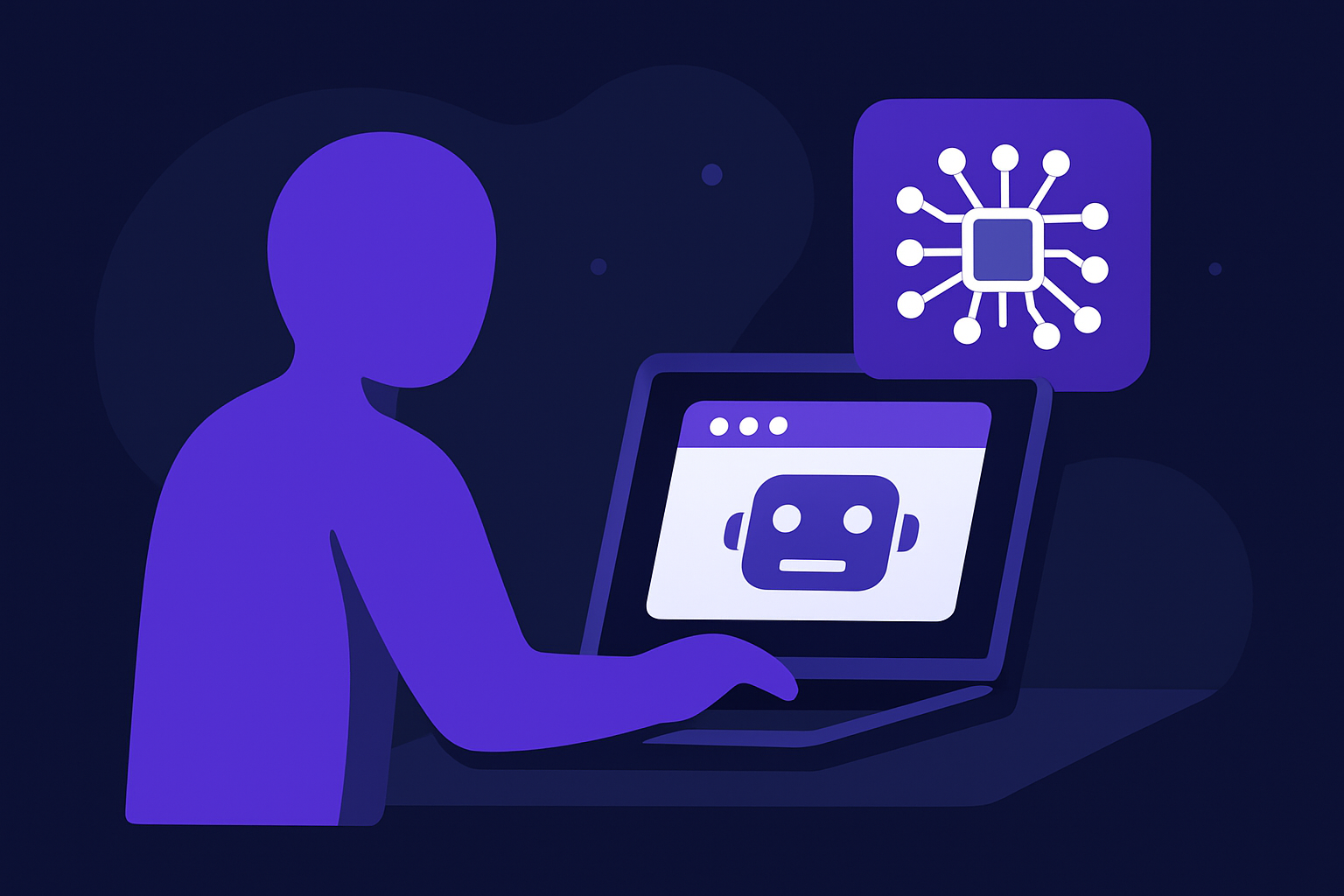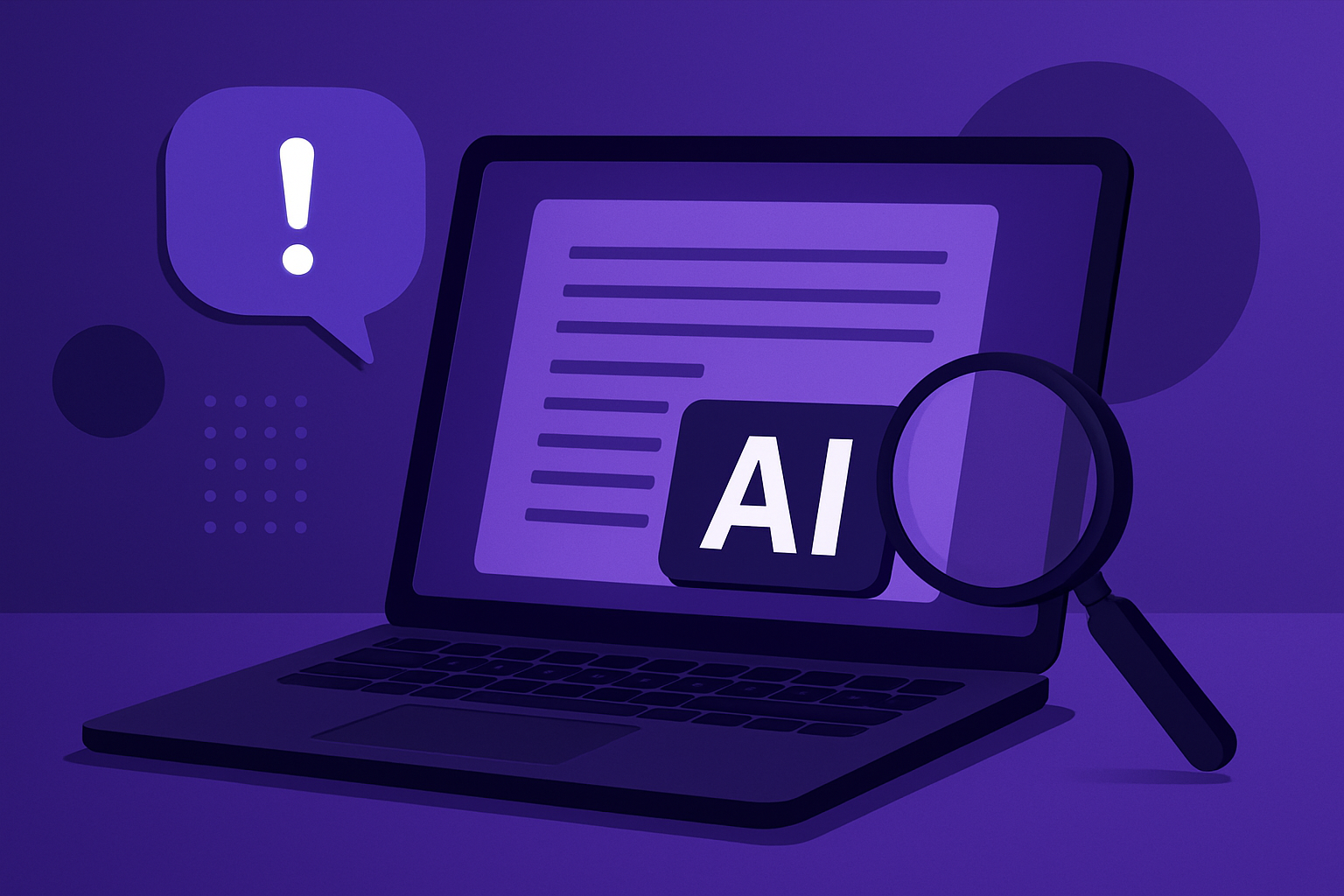Artificial Intelligence (AI) content generators have become increasingly popular in various industries, offering a quick and efficient way to produce written content. These tools use algorithms to create human-like text based on the input provided, saving time and resources for businesses and individuals alike. However, there are both advantages and disadvantages to using AI content generators, which need to be carefully considered before incorporating them into your workflow.
Pros of AI Content Generators
1. Time-Efficiency: One of the main benefits of AI content generators is their ability to create written material quickly. Instead of spending hours crafting content from scratch, users can generate articles, blog posts, or product descriptions in a matter of minutes.
2. Cost-Effectiveness: By automating the content creation process, businesses can save money on hiring freelance writers or content creators. AI tools offer a more affordable alternative for producing high-quality content at scale.
3. Consistency: AI content generators can help maintain a consistent tone and style across all written materials. This is particularly useful for branding purposes, ensuring that the content aligns with the company's voice and messaging.
Cons of AI Content Generators
1. Lack of Creativity: While AI content generators excel at creating text based on existing information, they may struggle to produce truly creative or innovative content. Human creativity and originality are often difficult to replicate algorithmically.
2. Limited Understanding: AI tools may not fully grasp complex ideas or nuances in language, leading to inaccuracies or errors in the generated content. This can be problematic, especially in industries that require specialized knowledge or expertise.
3. Risk of Plagiarism: Since AI content generators use existing data to generate text, there is a higher risk of unintentional plagiarism. Users must carefully review and edit the content to ensure its uniqueness and originality.
Ethical Considerations
1. Attribution: Properly crediting the source of AI-generated content is essential to avoid ethical issues related to intellectual property and copyright. Users should clearly indicate when text has been generated by an AI tool.
2. Quality Control: Maintaining quality standards and accuracy in AI-generated content is crucial to uphold credibility and trust with the audience. Regular editing and fact-checking are necessary to ensure the content meets the desired standards.
Integration with Human Input
1. Collaboration: Combining the strengths of AI content generators with human creativity and critical thinking can result in more impactful and engaging content. Collaboration between AI tools and human writers can leverage the best of both worlds.
2. Editing and Refinement: While AI tools can expedite the content creation process, human editors play a vital role in refining and enhancing the generated text. Their input can improve the overall quality and coherence of the content.
In conclusion, AI content generators offer several advantages in terms of time-efficiency, cost-effectiveness, and consistency. However, they also pose limitations in creativity, understanding, and the risk of plagiarism. By carefully considering the pros and cons of AI tools and addressing ethical considerations, businesses and individuals can leverage these technologies effectively while preserving quality and authenticity in their content creation process.













